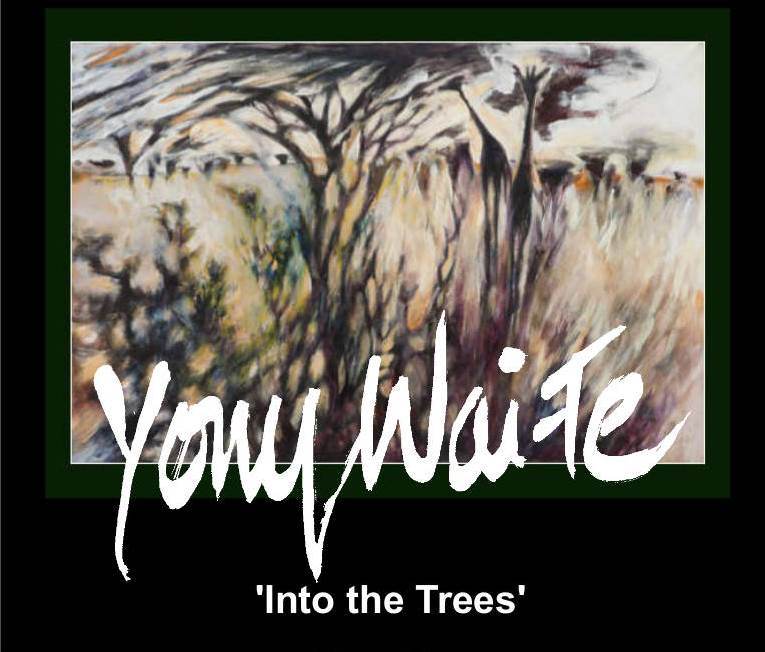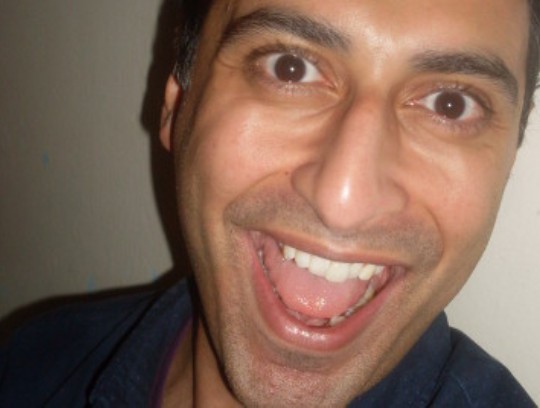By Absa Group Limited with Iminza Keboge
Published September 14, 2018
 South African fine artists have fought off stiff competition from visual artists from across Africa to take top honours in the 2018 edition of the Absa L’Atelier Awards.
South African fine artists have fought off stiff competition from visual artists from across Africa to take top honours in the 2018 edition of the Absa L’Atelier Awards.
While Marguerite Kirsten of Cape Town won the overall Absa L’Atelier Award for her installation titled Embodiment, Philiswa Lila, her fine artist and scholar compatriot from the Eastern Cape, walked away with the Gerard Sekoto Award for the most promising artist that is reserved for a South African artist who has previously entered the L’Atelier Awards and who has demonstrated continual improvement in their art-making.
RELATED:Art Exhibition Focuses on Food Chain
Having grown up, and continuing to live, with various medical conditions, Marguerite Kirsten feels her body has become an instrument of the medical fraternity. Thus Embodiment, that comprises various fluids that represent the ephemeral nature of her body, seeks to strengthen and dignify her physical body in the face of this perceived objectification.
Self-Titled, a series of self-portraits related to Philiswa Lila’S forename, Philiswa, which means ‘be healed’, won Lila the Gerard Sekoto Award. The artist uses her name to explore the nuances of language, meaning and experiences of individualism as recognisable or familiar to collective frameworks of culture, mainly in isiXhosa.
RELATED:National Museums of Kenya Raises Gate Charges
 Gillian Abe of Uganda, Henry Obeng of Ghana and Kirsten Eksteen of South Africa won Merit Awards with their work titled Seat of Honour, Recycle Frame 2 and Patterns and Pattern Body, respectively.
Gillian Abe of Uganda, Henry Obeng of Ghana and Kirsten Eksteen of South Africa won Merit Awards with their work titled Seat of Honour, Recycle Frame 2 and Patterns and Pattern Body, respectively.
These three Merit Award winners, alongside South Africa’s Marguerite Kirsten, Carli Bassin, Lemmeze Davids, Christiaan Kritzinger, Lodewyk Barkhuizen and Sikelele Damane and Nigeria’s Ayo Akinwande were selected as the Top 10 finalists for 2018.
RELATED:Violence and Bloodshed Dominate World Press Photo Exhibition
The Absa L’Atelier awards has become a touchstone for the concerns consuming young people on the continent. Works referencing hair styles as a form of expression, identity and a site of contestation were prominent in previous years and remained important to a number of this year’s entrants, such as South Africa’s Nonkululeko Sibande and Lebohang Motaung and Uganda’s Darlyne Komukama.
Some artworks offer insights into the particular conditions and contexts from the artist’s countries of origin – constant power outages in Lagos, Nigeria, accounts for the unexpected metaphor between electricity generators and religious shrines by Ayo Akinwande, for example. Pressing political issues regarding land ownership in South Africa surface in works by Vianca Malan, Mhlonishwa Chiliza, Karla Nixon and Ciara Struwig, while forced removals and land ownership are mirrored in Bya’bazzukulu (For Grandchildren) by Donald Wasswa.
RELATED:Who Owns Matrimonial Property in Kenya?
 Challenging fixed gender roles is again a prominent theme, as seen in the work of Mzoxolo Mayongo and Matimu Lloyd Maluleke. These artworks affirm not only the dominance of sociopolitical discourse, but the artists’ perceptions that contemporary practice is irretrievably tied to addressing them.
Challenging fixed gender roles is again a prominent theme, as seen in the work of Mzoxolo Mayongo and Matimu Lloyd Maluleke. These artworks affirm not only the dominance of sociopolitical discourse, but the artists’ perceptions that contemporary practice is irretrievably tied to addressing them.
Absa L’Atelier has been shining a light on promising young African artists’ work for over 33 years. Not only do the awards identify bright young talent but they provide a solid foundation for the further growth of these artist’s potential, giving them the opportunity to step into the spotlight on the world stage.
By highlighting the work of new artists from the African continent, Absa L’Atelier proves that they are committed to taking work from where it may have been unknown, in the dark, and presenting it to a global audience – bringing it to light. This essence reflects the 2019 L’Atelier theme, Give Art Light, which was unveiled at the Awards’ gala evening on September 12, 2018.
RELATED:Kenyan Universities Call for ‘Decent’ Dressing and Grooming
Dr Paul Bayliss, Absa Art and Museum Curator, says this idea is also in line with the ethos of Absa’s new Africanacity identity.
“Bringing to light the best art on the continent, lighting up the careers of artists from all over Africa, putting the spotlight firmly on African artists for more than three decades, and investing in Africa’s creative economy for this length of time, all represent the spirit of Africanacity. These are the physical manifestations of the inspirational Africanacity idea in action,” he says.
RELATED:How to Harness the Power of Tourism for Economic Prosperity
The Absa L’Atelier art competition is one of the longest-running and most prestigious visual arts competitions on the African continent. It was established in South Africa 33 years ago, but in recent years has been expanded to include a number of other African countries in order to reach more young artists and further the unparalleled opportunities it affords those who participate in the competition.
This year was the first time that the awards were extended to include Nigeria and Namibia. The newcomers really shone, with a vast number of outstanding pieces catching the eye of the adjudicators, who appreciated their interpretation of ‘the contemporary’ with the African visual art context.
Twelve countries participate in the competition which, beside Nigeria and Namibia, include South Africa, Botswana, Ghana, Zambia, Kenya, Uganda, Tanzania, Mauritius, Seychelles and Mozambique.





